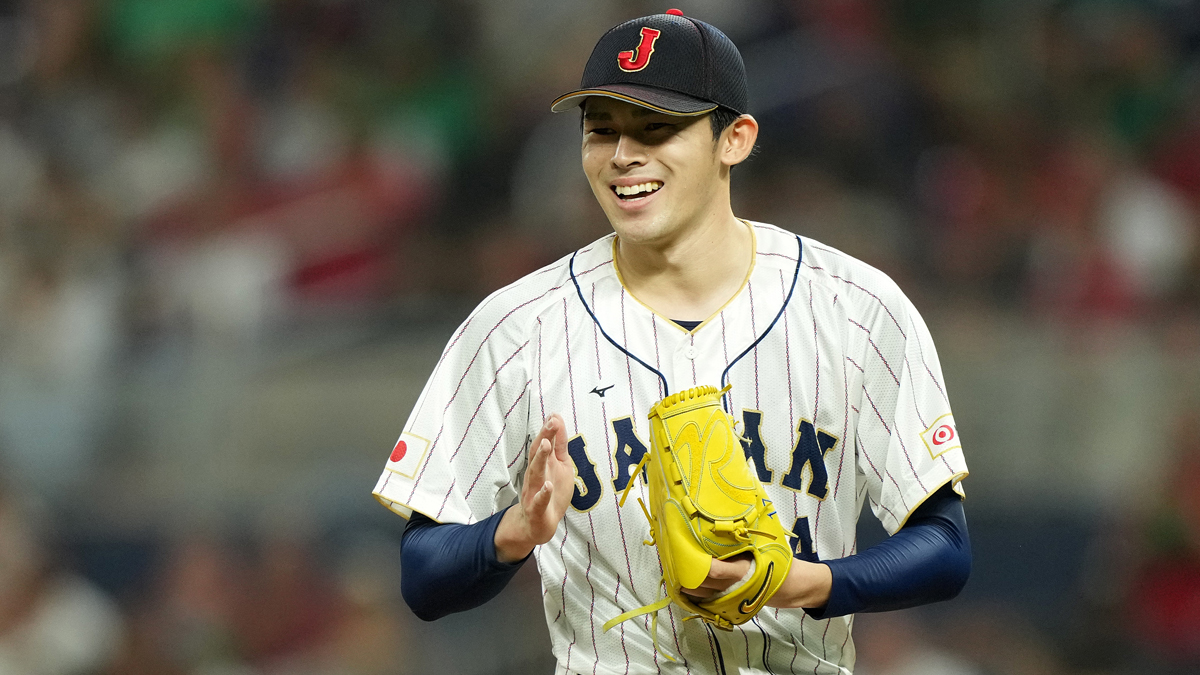Bobby Bonilla walked so Shohei Ohtani could run.
Ohtani stunned the sporting world on Saturday when he reportedly agreed to a massive $10-year, $700 million deal with the Los Angeles Dodgers in free agency, ending his tenure with the crosstown Angels.
Though the Dodgers are yet to officially announce the move despite Ohtani doing so on Instagram, there's some interesting reported wrinkles to the deal that will save the franchise hundreds of millions of dollars, at least in the short term.
Stay in the game with the latest updates on your beloved Philadelphia sports teams! Sign up here for our All Access Daily newsletter.
Ohtani reportedly will defer all but $2 million of his annual salary -- $68 million of the $70 million -- until the end of his deal in 2034, Fabian Ardaya of The Athletic first reported on Monday, citing a league source. The deferred $680 million will be paid without interest from 2034 to 2043. ESPN's Jeff Passan also confirmed the deferrals, citing sources.
The deferrals were reported to be Ohtani's suggestion to help the Dodgers' future spending efforts alongside Mookie Betts and Freddie Freeman, with players like Yoshinobu Yamamoto still on the market. Ohtani is believed to be making $50 million annually in off-the-field money, The Athletic added.
It'll also help the Dodgers navigate the competitive balance tax (CBT), or luxury tax. For CBT purposes, the expected average annual value (AAV) reportedly is closer to $46 million per year than the $70 million on surface level.
Can MLB challenge or cancel the contract? The answer may be a resounding no. In the league's latest collective-bargaining agreement, it explicitly states that "there shall be no limitations on either the amount of deferred compensation or the percentage of total compensation attributable to deferred compensation for which a Uniform Player’s Contract may provide." Deferred money is limitless, and Ohtani's whopping figure doesn't appear to be an exception.
MLB
The deferrals also aid Ohtani from a taxpayer's perspective. If he's not living in California by the time the lucrative checks kick in, he won't be subjected to heavy state tax.


